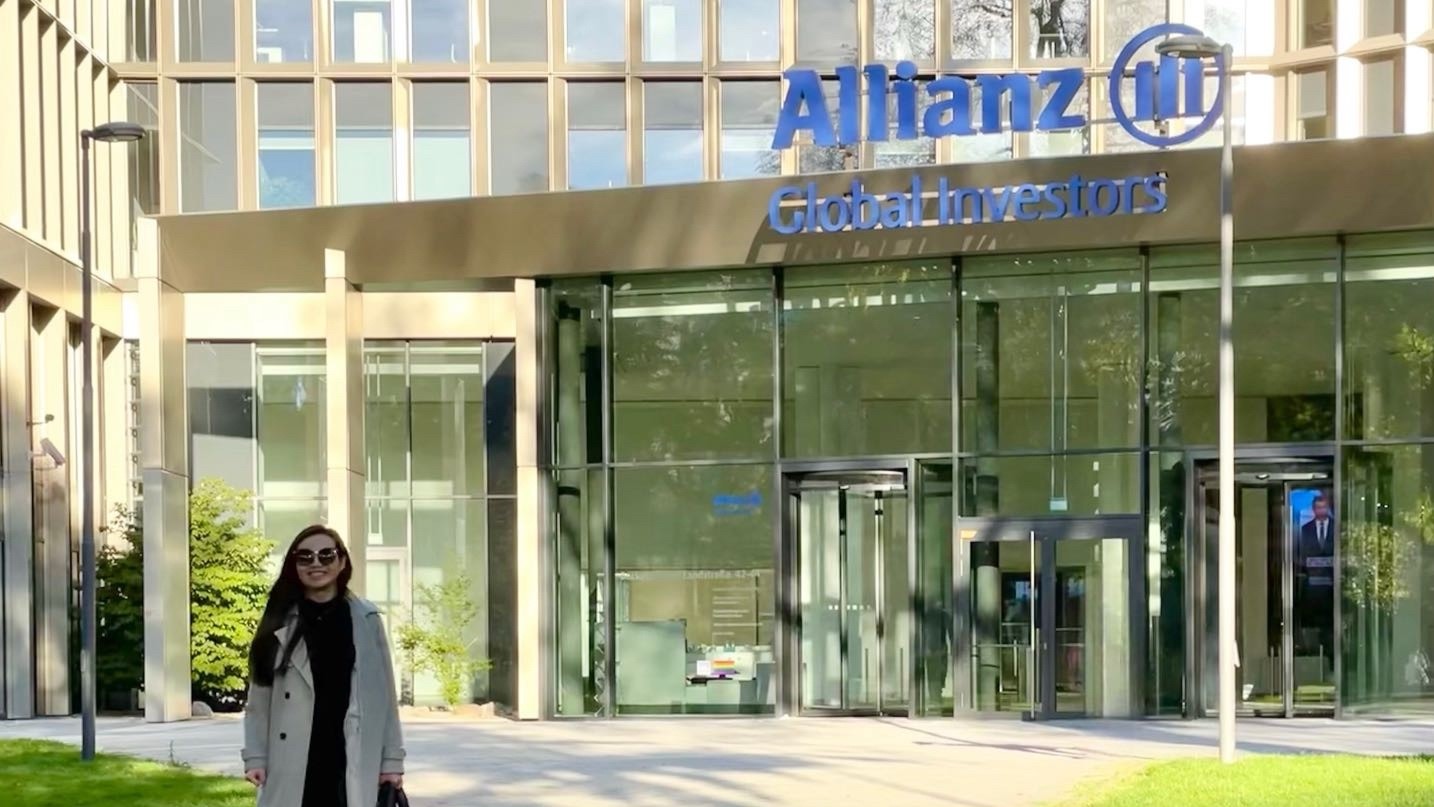"jcr:d477a3f8-3181-4218-9f62-e9b2105bfed2" (String)
Wählen Sie Ihre Sprache

Master-Programme

Master Infoveranstaltungen
Erfahren Sie an einer unserer Master Infoveranstaltungen mehr über unsere Masterprogramme und finden Sie heraus, welches Programm am besten zu Ihnen und Ihrer Karriere passt. Darüber hinaus profitieren Sie von dem direkten Austausch mit aktuellen Studierenden sowie unserem Programmmanagement.









